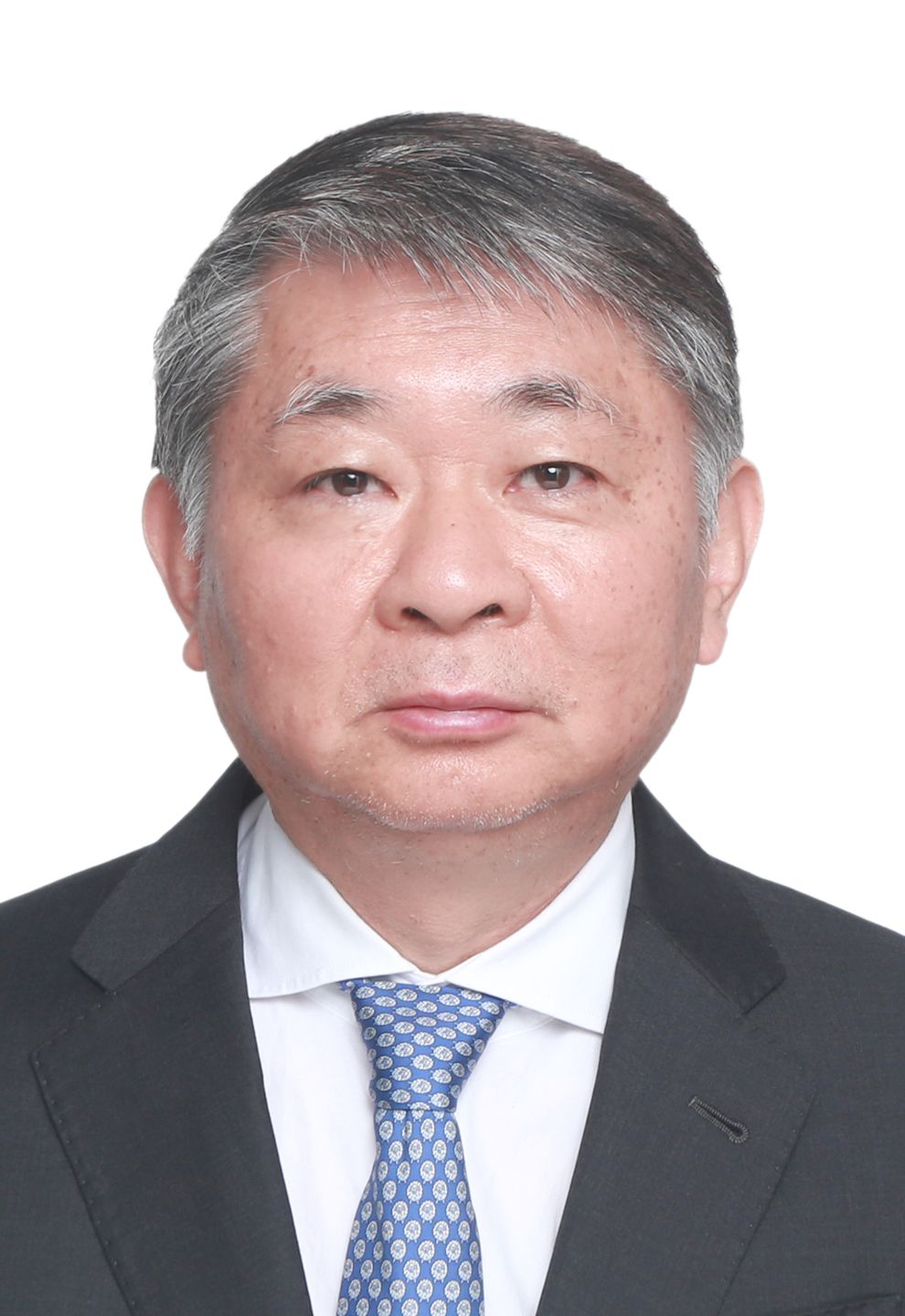 Title: Deep Learning based Radio Map for MIMO and Cell-Free Massive MIMO
Title: Deep Learning based Radio Map for MIMO and Cell-Free Massive MIMO
Time: 10:30 am on 8th Jul. 2024 Location: 909B, EEE building
Abstract: Radio map technology offers a refined solution to reduce MIMO beamforming's dependency on channel state information (CSI). We introduce a deep learning-based approach to generate radio maps directly from raw CSI data of MIMO systems, presenting two baseline schemes—one predictive and another based on throughput. An end-to-end architecture, tailored to MIMO beamforming vectors from location data, is proposed to employ deep neural networks through a task-oriented design and a customized loss function. Our numerical results highlight the advantages of this approach, suggesting the potential to replace MIMO CSI with location data. We further propose a cell-free massive MIMO beamforming framework that requires only UE location reporting, employing deep learning to construct a comprehensive radio map. To mitigate the random phase gap issue in cell-free MIMO, space-time block coding (STBC) is integrated. Simulation outcomes demonstrate the superior performance of our radio map method over location-based beamforming (LBB) and channel knowledge map (CKM) approaches, with STBC-enabled carrier aggregation (CA) and multi-BS coordination significantly improving communication performance.
Bio: Wei Zhang received his PhD degree in Electronic Engineering from the Chinese University of Hong Kong in 2005. He was Research Fellow at the Department of Electronic and Computer Engineering, Hong Kong University of Science and Technology in 2006-2007. In May 2008, he joined the School of Electrical Engineering and Telecommunications, The University of New South Wales, Sydney, Australia, where he is currently a Professor. His current research interests include space information networks, mmWave communications, and massive MIMO.
Currently, he is Vice President of IEEE Communications Society. He is Editor-in-Chief of Journal of Communications and Information Networks and Area Editor of IEEE Transactions on Wireless Communications. He served as Editor-in-Chief of IEEE Wireless Communications Letters from 2016 to 2019. He also served as an Editor for IEEE Transactions on Communications (2015-2018), IEEE Transactions on Cognitive Communications and Networking (2015-2017), IEEE Journal on Selected Areas in Communications - Cognitive Radio Series in 2012-2014 and IEEE Transactions on Wireless Communications (2010-2015). He was Chair of IEEE Wireless Communications Technical Committee in 2019-2020 and Vice Director of IEEE Communications Society Asia Pacific Board from 2016 to 2021. He is Fellow of the IEEE and Fellow of the IET.
Location
Imperial College London
Faculty of Engineering
South Kensington Campus
London SW7 2AZ, UK
White City Campus
London W12 7TA, UK
